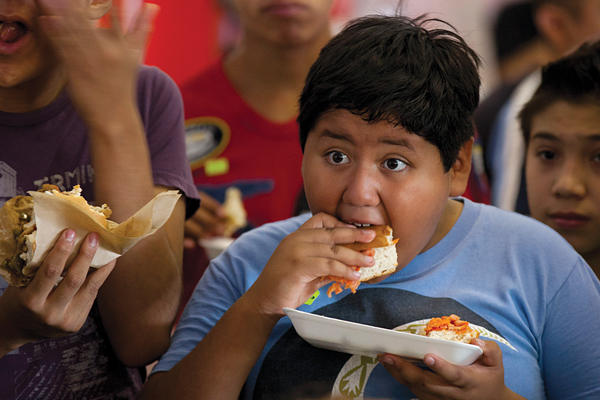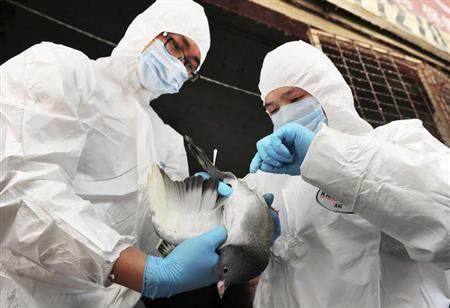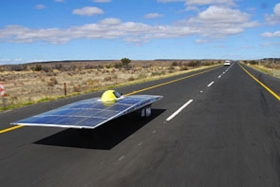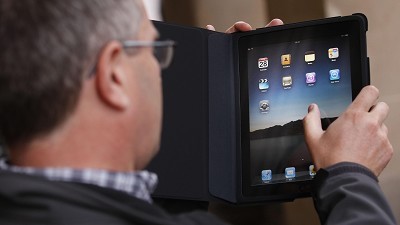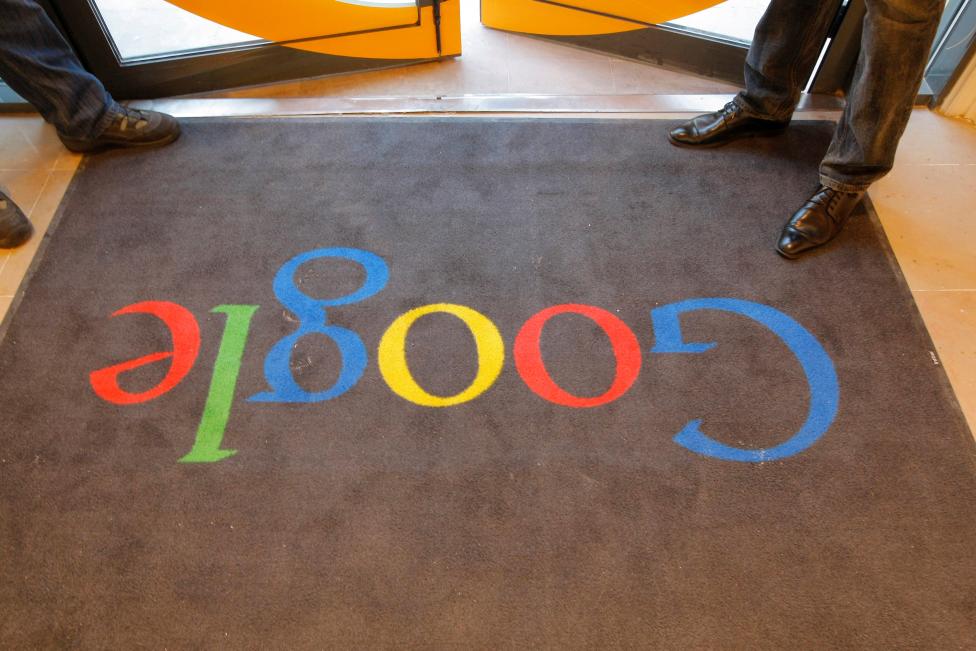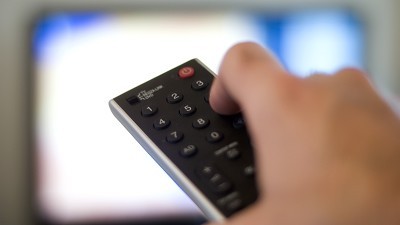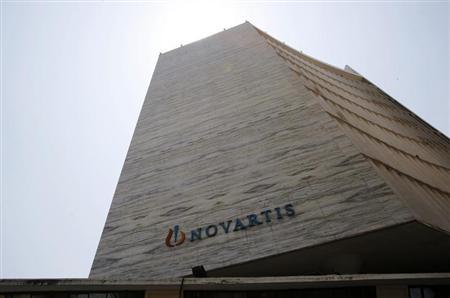 The U.S. government on Friday announced its second civil fraud lawsuit against Novartis AG in four days, accusing a unit of the Swiss drugmaker of paying multimillion-dollar kickbacks to doctors in exchange for prescribing its drugs.
The U.S. government on Friday announced its second civil fraud lawsuit against Novartis AG in four days, accusing a unit of the Swiss drugmaker of paying multimillion-dollar kickbacks to doctors in exchange for prescribing its drugs.
Authorities said the Basel-based company for a decade lavished healthy speaking fees and “opulent” meals, including a nearly $10,000 dinner for three at the Japanese restaurant, Nobu, to induce doctors to prescribe its drugs.
They said this led to the Medicare and Medicaid programs paying millions of dollars in reimbursements based on kickback-tainted claims for medication such as hypertension drugs Lotrel and Valturna and the diabetes drug Starlix.
The charges are detailed in a whistleblower lawsuit first filed against Novartis Pharmaceuticals Corp by a former sales representative in January 2011 and which the U.S. government has now joined.
Twenty-seven U.S. states, the District of Columbia and the cities of New York and Chicago are also plaintiffs in the lawsuit, which seeks triple damages under the federal False Claims Act.
“Novartis corrupted the prescription drug dispensing process,” U.S. Attorney Preet Bharara in Manhattan said in a statement. “For its investment, Novartis reaped dramatically increased profits on these drugs, and Medicare, Medicaid, and other federal healthcare programs were left holding the bag.”
On Tuesday, the government accused Novartis of inducing pharmacies to switch thousands of kidney transplant patients to its immunosuppressant drug Myfortic in exchange for kickbacks disguised as rebates and discounts.
Novartis spokeswoman Julie Masow said the company disputes the claims in both lawsuits and will defend itself. She also said physician speaker programs are “an accepted and customary practice” in the industry.
People who file whistleblower lawsuits, sometimes known as “qui tam” lawsuits, on behalf of the government under the False Claims Act share in recovered damages.
The United States does not participate in all such lawsuits, but often joins cases it believes have greater merit.
The original lawsuit against East Hanover, New Jersey-based Novartis Pharmaceuticals was filed by Oswald Bilotta, who now lives in North Carolina. He did not immediately respond to a request for comment.
“We believe that Novartis’ alleged payment of kickbacks is yet another example of abuse in the pharmaceutical industry that contributes to skyrocketing medical costs,” James Miller, a partner at Shepherd, Finkelman, Miller, and Shah in Chester, Connecticut representing Bilotta, said in a statement.
A $9,750 DINNER
According to the complaint, from January 2002 to November 2011, Novartis often paid doctors to speak about its drugs and programs that were supposed to have educational purposes, but which in reality were often social occasions or not held at all.
Authorities said that for Lotrel, Valturna and Starlix alone, the company spent nearly $65 million and conducted more than 38,000 speaker programs over the decade.
The complaint describes a variety of alleged improper programs, including seven at Hooters restaurants that Novartis sales representatives attended, and pricey meals to which Novartis allegedly treated doctors.
Among these meals were dinners at high-end Chicago restaurants such as Japonais and L20, a $2,016 dinner for three at Smith & Wollensky in Washington, D.C. and the $9,750 dinner for three at Nobu in Dallas in December 2005.
Satow, the Novartis spokeswoman, said speaker programs are “promotional programs” designed to inform physicians how to use the company’s medicines.
Novartis “invests significant time and resources to help ensure these programs are conducted in an ethical and responsible manner,” she said. “We are dedicated to doing it right.
Bilotta filed his lawsuit four months after Novartis in September 2010 agreed to pay $422.5 million to resolve criminal and civil liability over its marketing of several drugs, including the epilepsy drug Trileptal.
The case is U.S. ex rel. Bilotta v. Novartis Pharmaceuticals Corp, U.S. District Court, Southern District of New York, No. 11-00071.
Source : Reuters







